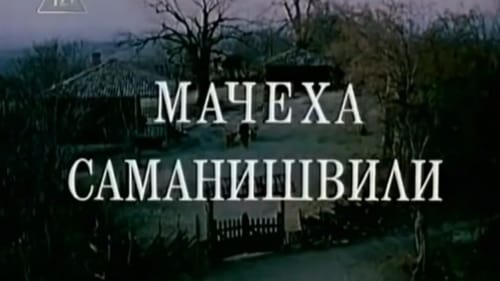
Vaso
El novelista Soso (Ramaz Giorgobiani) acude a su editorial en un intento por encontrar a alguien interesado en publicar su último manuscrito. Los empleados barajan el manuscrito del autor en su oficina de persona a persona, pero todos parecen estar demasiado ocupados para leerlo. Soso finalmente descubre que los empleados están envueltos en cualquier cosa menos en sus deberes y responsabilidades directos, tanto que ni siquiera una falla estructural gigante en el edificio puede llamar su atención. La película es una alegoría de la burocracia de la época soviética y del sistema soviético en su conjunto. Al final de la película, la casa se derrumba y los empleados se trasladan a otro edificio nuevo y moderno. Sin embargo, eso no significa que cambien su actitud hacia su trabajo ...

Ezu

Impoverished old nobleman Bekina insists on marrying a wife, but his son Platon does not want to have sharer in father's inheritance. Platon finds two times widowed and childless bride for Bekina, but a fate makes fun of him.

Papuna
Vakhtang is talented artist but family liabilities don't allow him to work seriously. His wife Eka takes advantage of husband's trip out of town and exchanges her flat for a house in a colorful old city and sets up the artist's studio.

This chamber drama is set in Georgia on the turn of the 19th and 20th centuries. A simple peasant family makes its living by selling yogurt which the Magdany widow takes every morning to the town market. Once, in their mother’s absence, the children – six-year-old Mikho and three-year-old Kato – found an abandoned donkey on a road leading to their village. The foundling was fed, tended, and the moment the donkey opened its big, tender eyes, it was named “Lurdja”, which means “blue-eyed”. Surrounded by love and care, the donkey became a big help in the poor household. But this idyll was not to last long…



